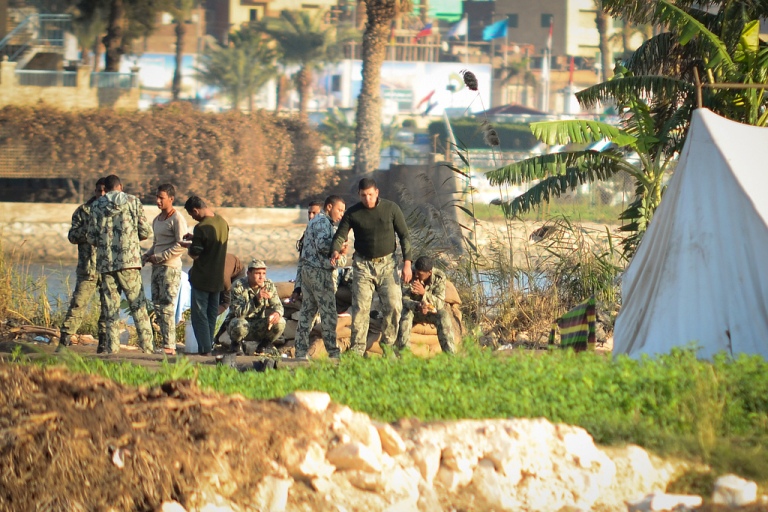
Muhammad Ali Pasha, the founder of modern Egypt, as the textbooks say, took possession of all the land of Egypt for himself and his heirs. Ownership of this land, both agricultural and residential, was thus passed to his descendants and the feudal lords with whom they associated. In this way, large tracts of land in Mansoura, a city located about 180 km from Cairo, the capital of Egypt, and is itself the capital of the Governorate of Dakahlia, and surrounding villages fell under what was called the endowment of Princess Fatima.
Fatima’s name appears prominently in twentieth century Egyptian history, for she not only helped to establish the first Egyptian university, but endowed much of her land and property for the benefit of various organizations, from the Egyptian Navy to the National Library and Archives. Princess Fatima’s endowment in Mansoura comprises more than thirty thousand acres, and when the army came to power in 1952, its ownership was passed to the Ministry of Religious Endowments. Thus the army, through the institutions of the state, placed its hands on all state-owned lands. Now, in 2013, if for example you wanted to buy a piece of land in Mansoura, you would have to buy it first from the individual living on it, and then again (at approximately the same price) from the Ministry.
In essence, the state dealt with the citizens living on its land as guests, and did not trust them to maintain the lands where they had lived for centuries. When the Brotherhood came to power, it became clear that their ambition was to assume, from the army, the rights of both possessing the land. Until now, the military establishment has monopolized the right to impose its authority and ownership on any piece of land, under the pretext of national security. The events of the past few months have made clear the extent to which the military is ready to defend these rights, no matter the cost. There is no greater indication of this than the recently publicized struggle between the military and the inhabitants of Qursaya Island.
Thus, as soon as President Morsi granted legislative authority to the Shura Council, the first law proposed for discussion was the Unified Lands Act, whose first draft sought to strip control of the land from the armed forces and give it to the President and his Cabinet. However, just as the Shura Council committee was “cooking up” this new law, the Ministry of Defense intervened to add several new amendments. These granted the “Supreme Council for Planning and Development of State Lands” broad and almost complete authority over all state lands, superseding all other governmental bodies, including even the President. The amendments would stipulate that no governmental body in control of state lands could exercise their authority without a permit from this council, the majority of whose members are members of the army. The law would also grant this council 5 percent of all proceeds from fines collected as a result of the penalties listed under the heading “Royalties Granted to Authorities Charged with Follow-Up and Monitoring.” This is instead of the funds going to the owners of the land.
The struggle over the amendments to the Unified Lands Act reflects the new struggle for authority in Egypt. The Brotherhood, which wants to monopolize its right to state lands, and claims the legitimacy of the “ballot box,” has pitted itself against the army, which wants to continue to exercise its never-ending authority. This authority, which it inherited from the royal family, is now justified based on the need to preserve national security.
Instead of looking for a way to give ownership of these lands to their inhabitants, or to create a law that would deal fairly and transparently, the details of the laws created by the various councils are vague, and their dictates are carried out far away from any supervision. They have thus become a means to control the real estate market in Egypt.
It should be clarified that control of state lands does not only mean influence and authority in the real estate market – one of the strongest sectors of the Egyptian economy. Rather, it extends to cover every other sector as well. Imagine, for example, that an investor wanted to buy a piece of land to build a water bottling plant, putting himself in competition with the army and Brotherhood companies also active in this market. In this case, the investor would have to acquire the land, as well as all of the permits necessary to establish his factory, from his competitors. The economic power thus wielded by both the military establishment and the Brotherhood is extremely diverse, affects every sector, and eliminates the chance of honest competition or the existence of a free economy.
Ahmed Naje, a writer and journalist, works as an editor in the literary weekly Akhbar al-Adab.
Photo: Al Qursaya Island (Bora S. Kamel)
Image: Qursaya%20Bora%20S.%20Kamel.jpg
